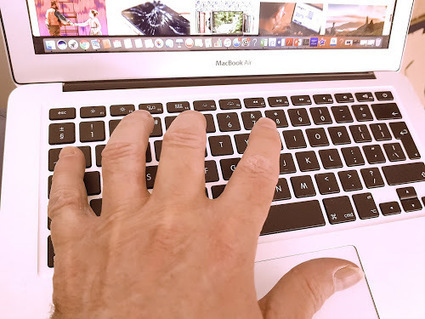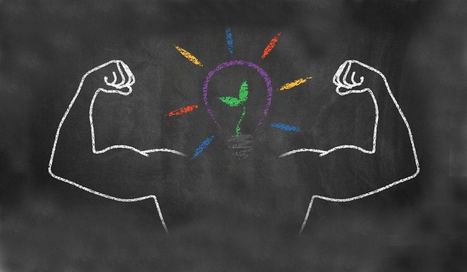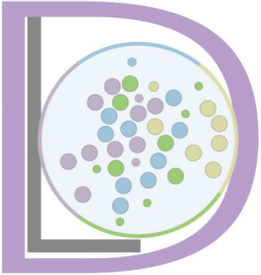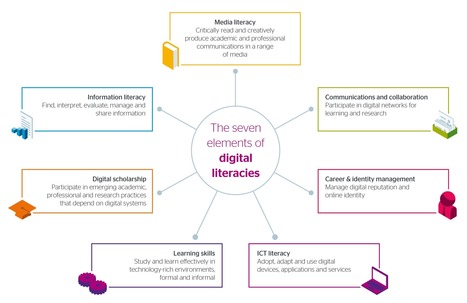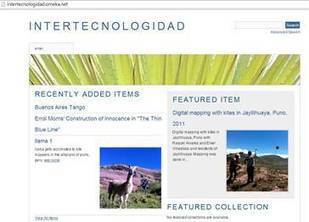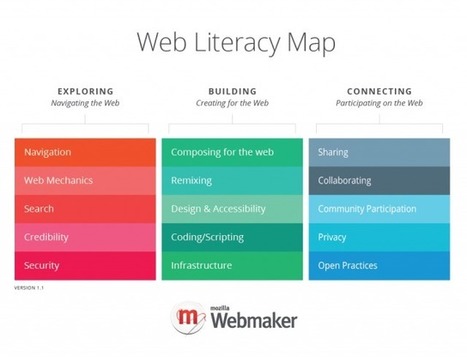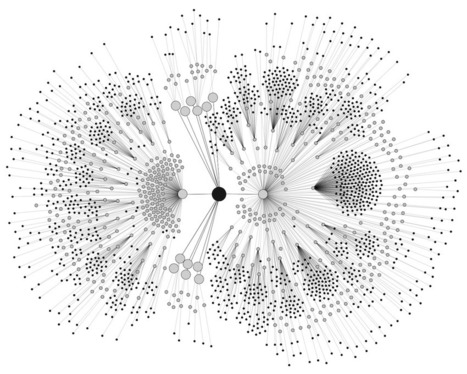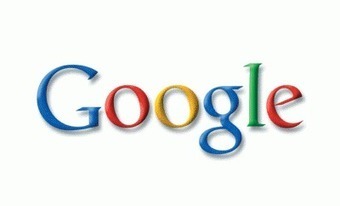I''m currently writing several short online courses for educators, and I've just published the second module in my online series about digital learning. It focuses on digital competencies and literacies and takes under an hour to complete.
I've written about digital literacies in previous publications, because I consider them vital for the success of any technology supported learning ventures. I believe that unless we develop appropriate digital literacies, we will be less able to exploit the power and unlock the potential of new and emerging technologies in education.
Here are a few links to previous posts:
What digital literacies?
Crossing the divide: Transliteracy
Digital literacies in the age of remix
Digital readiness
Via Elizabeth E Charles



 Your new post is loading...
Your new post is loading...

